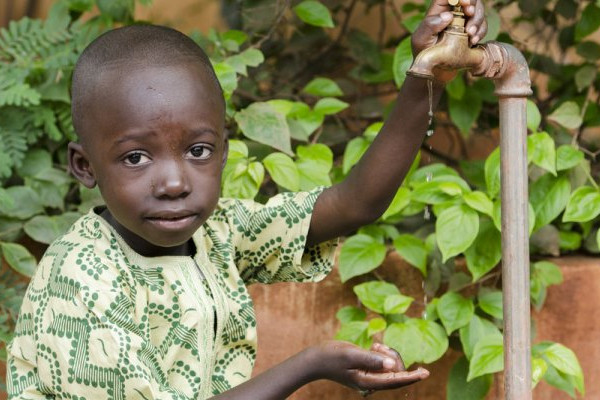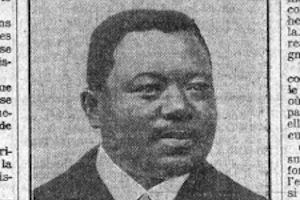Muziekagenda
Agenda 19 - 25 Juni 2022
Woensdag 22 Juni

PhD defence: Competence Profile Development and Effects of Competence-Based Training for Creating Change in the Agricultural Sector: The Case of West Gojjam Zone, Amhara State, Ethiopia
Woensdag 22 Juni 2022 11:00 - 12:30
PhD candidate: CT (Chalachew) Aniteneh. Promotor: dr. HJA (Harm) Biemans. Co-promotor: prof.dr. M (Martin) Mulder & dr R Wesselink. Organisation: Wageningen University, Education and Learning Sciences
Donderdag 23 Juni

ASCL Seminar: “The vast Empire of the grandfather”. Claiming to be the grandson of the king of the Congo (1856-1912)
Donderdag 23 Juni 2022 15:30 - 17:00
Hippolyte Moussa-Mangoumbel was a Senegalese born on the island of Gorée in 1856. He participated in the French wars of occupation in West Africa, then settled in Nantes as a salesman and died in Le Havre in 1912. After 1895, his daily life was gradually organised around an obsession, that of the "mysterious kidnapping" of his parents. Supposedly members of the royal family of Loango, they were allegedly the victims of a plot orchestrated by the governor of Senegal, who had them captured and transported to Gorée. For years, Moussa-Mangoumbel looked for revenge, unsuccessfully published his story (in books and fliers) and alerted the press and the authorities by mail to have his status as the successor to the throne of Loango recognised. In this presentation Juliette Ruaud (Les Afriques dans le Monde) will show that even an action as atypical and seemingly irrational as claiming to be the prince of Loango (and later of the Congo) as he did can be the object of a socio-historical analysis. Such behaviour raises classic sociological questions, notably those of vocation, aspirations for social mobility and distinction. Reconstructing Moussa-Mangoumbel's successive socialising experiences provides an understanding of how he came to incorporate such high expectations. In this seminar, Ruaud will also show how one can explore his texts, reinserting them into a larger set of writing and reading practices, and highlighting the circumstances of their writing. Finally, she will look at the circulation and reception of these unconventional texts in France and in Senegal. Far from being mere curiosities, these writings blur some of the most obvious chronologies of anti-colonialism in Senegal, reveal to us a memory of slavery that is hardly available, and inform us about the tensions of imperialism in the first decades of the European occupation of West and Equatorial Africa.



